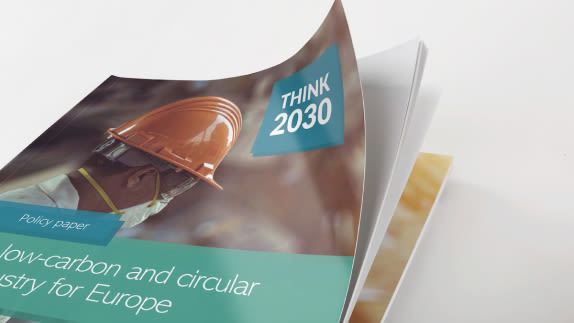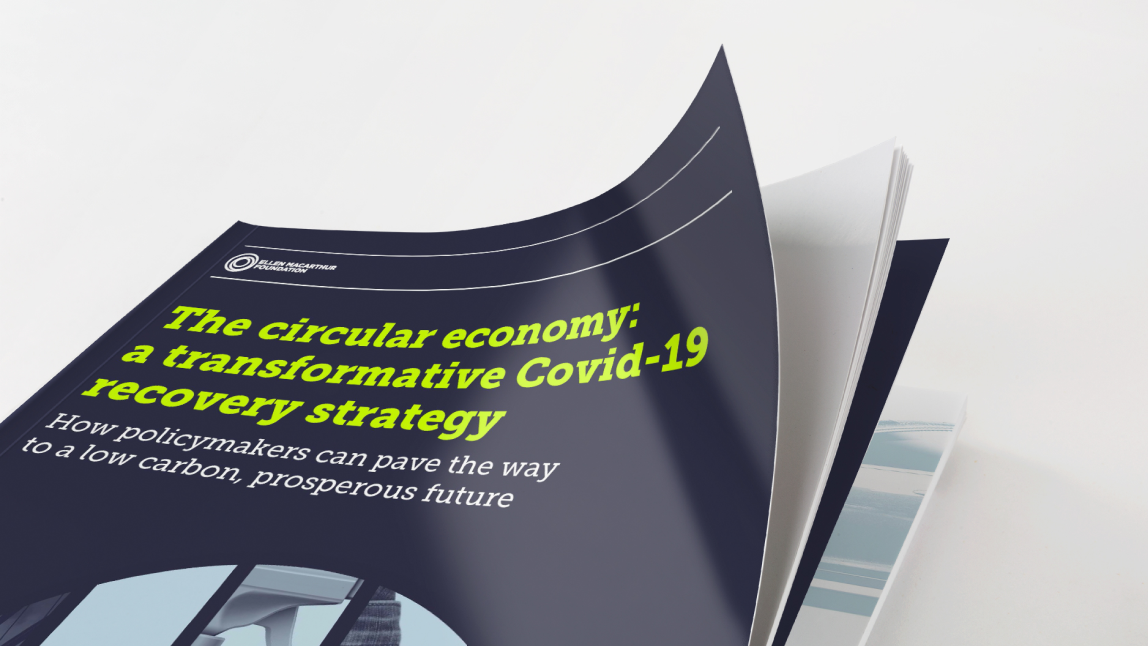Institutions, governments and cities play a crucial role in creating and enabling conditions for a circular economy to emerge and thrive. They set direction and they are drivers of innovation and investment.
The circular economycircular economyA systems solution framework that tackles global challenges like climate change, biodiversity loss, waste, and pollution. It is based on three principles, driven by design: eliminate waste and pollution, circulate products and materials (at their highest value), and regenerate nature. provides a framework for governments and cities to realise many of their economic, environmental, and societal ambitions. Many different policy levers can be applied to accelerate the transition - from product policies that incentivise design for circularity, to laws aimed at restoring ecosystems and bringing biodiversity back into urban environments.


Policy instruments for a resilient and competitive circular economy
Building on the Ellen MacArthur Foundation’s Universal Circular Economy Policy Goals, the Foundation’s new policy brief series provides a shortlist of actionable policy instruments that can unlock circular economy outcomes.

















